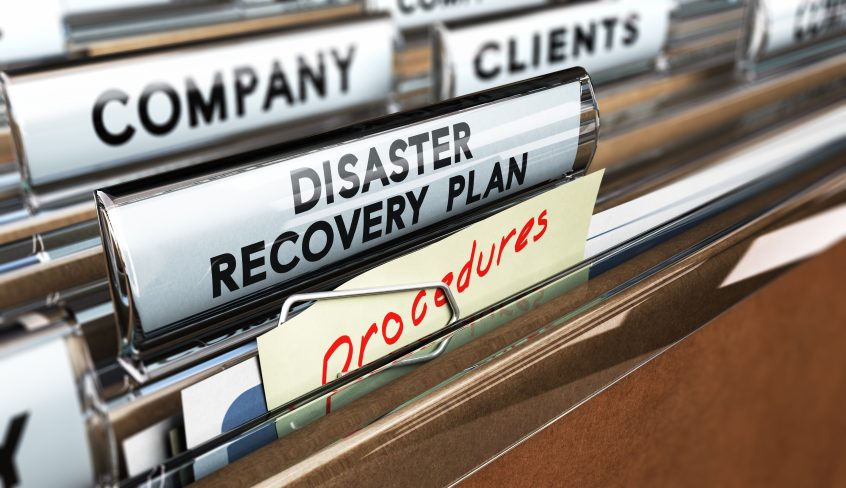In the life cycle of a company, there comes a moment when management steps back and assesses the risks facing business operations. Invariably, one of the topics raised during this assessment is business continuity. The discussion almost always starts like this: “what if [enter catastrophic disaster scenario here] happens, how would our business be able to continue?” Often, this discussion will focus on loss of data servers or the departure of a key employee. The central theme is that the loss of critical information and/or know-how poses an existential operational risk to the business. The solution is to have a backup plan – a business continuity plan.
‘Business continuity’ risk for families?
Many high-net-worth families operate similar to a business. While these families don’t typically make widgets themselves, they may have an ownership interest in companies that do. They also might own and manage real estate and oversee a host of bank and brokerage accounts. Like a business, a family may maintain an inventory of items of significant value (e.g., art, cars, jewelry) and find itself involved in debt transactions as a lender and/or borrower. Further, like a business, a family may make strategic decisions to limit its tax liability (e.g., estate plans and trusts) and possibly become entangled in complex legal transactions and/or disputes. Some families are so much like a full-time business that the family is compelled to stand up a family office and staff it with employees.
Thus, like a business, many high-net-worth families will reach a point when they should consider whether a loss of critical information and/or know-how poses an operational risk to the family. In fact, most probably have considered the risk . . . informally. Half of all wealth creators have at least once sat on the tarmac of the runway awaiting takeoff when the thought crosses their mind, “if this plane goes down, my spouse and kids are never going to know about [enter list of poorly-documented, uncatalogued concerns here].” The other half have at least once lost sleep thinking “if my [enter trusted advisor, CFO, administrative assistant here] left me, I’d be lost.”
‘Business continuity’ planning for families
Businesses develop formal business continuity plans to control for operational risk. What do families do? Historically, the state of the art for families has involved one or more of the following:
- an estate binder (a large binder of important documents typically organized and assembled by the family attorney),
- an Excel spreadsheet (a loose catalog of the family’s assets and/or liabilities), and
- an “if I die” letter (a letter telling the surviving family members which advisors to call in the event the author of the letter dies).
These three options indicate good intent but often suffer from poor execution. Estate binders are rarely updated and require someone with significant intelligence and patience to parse. Excel spreadsheets are typically difficult for family members to locate or understand. “If I die” letters are often scant on details and leave the surviving family members vulnerable in their dealings with an advisor that they may not know very well.
Today, a better option exists. By combining the practice of stewardship with software like that offered by Complex Interests, families can benefit from a standardized, easily digestible, business continuity plan. We recommend this modern approach to deliver security to the family and piece of mind to the wealth creator.
Do not hesitate to contact one of the specialists at Complex Interests if you have any questions.

